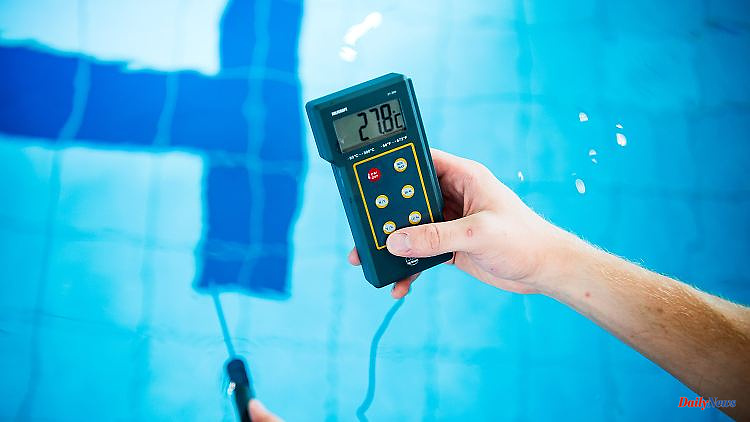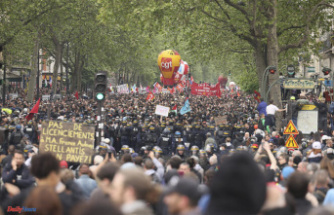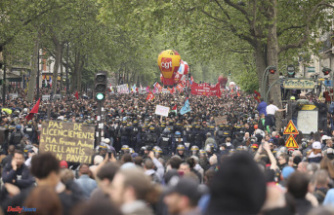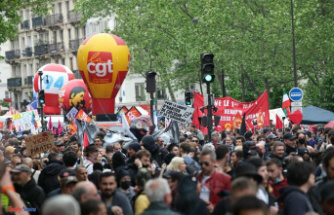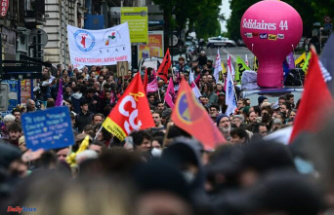In the energy crisis, many municipalities are sending swimmers to cooler pools. In individual pools, customers no longer have to freeze. The trend in the industry is "towards relaxation".
In the course of the energy crisis, the water in many swimming pools has become colder - now the first pools have raised the temperatures again. "We've been hearing lately that the water temperature is increasing again in some places," said Ann-Christin von Kieter, spokeswoman for the German Society for Bathing.
Although these are still isolated cases, it is quite possible that other pools will follow suit. "Looking towards the 2023 season, the trend in the industry is towards relaxation." In the indoor swimming pools in the Ruhr area cities of Kamen, Bönen and Bergkamen, the water temperature is now back to pre-crisis levels.
As a result of the temperature reduction that took place last summer, a considerable amount of gas was saved, the GSW municipal utilities announced. "However, the reduction also had its downsides: children, parents and participants in fitness courses in particular complained about the colder temperatures."
The water in the indoor swimming pools in Trier and in Neunkirchen in Saarland has also recently gotten warmer again. Stadtwerke München raised the temperature again in two pools at the beginning of December. According to a study by the consulting firm EY, almost every third municipality had closed indoor and outdoor pools or restricted their operation.

